Central Asia, comprising countries such as Kazakhstan, Kyrgyzstan, Tajikistan, Turkmenistan, and Uzbekistan, features a unique blend of traditions, languages, and histories. Wikimedia communities in the region have been making significant efforts, contributing to free knowledge and fostering a spirit of collaboration and mutual support. This blog aims to celebrate their achievements and inspire a sense of unity and support within the community.
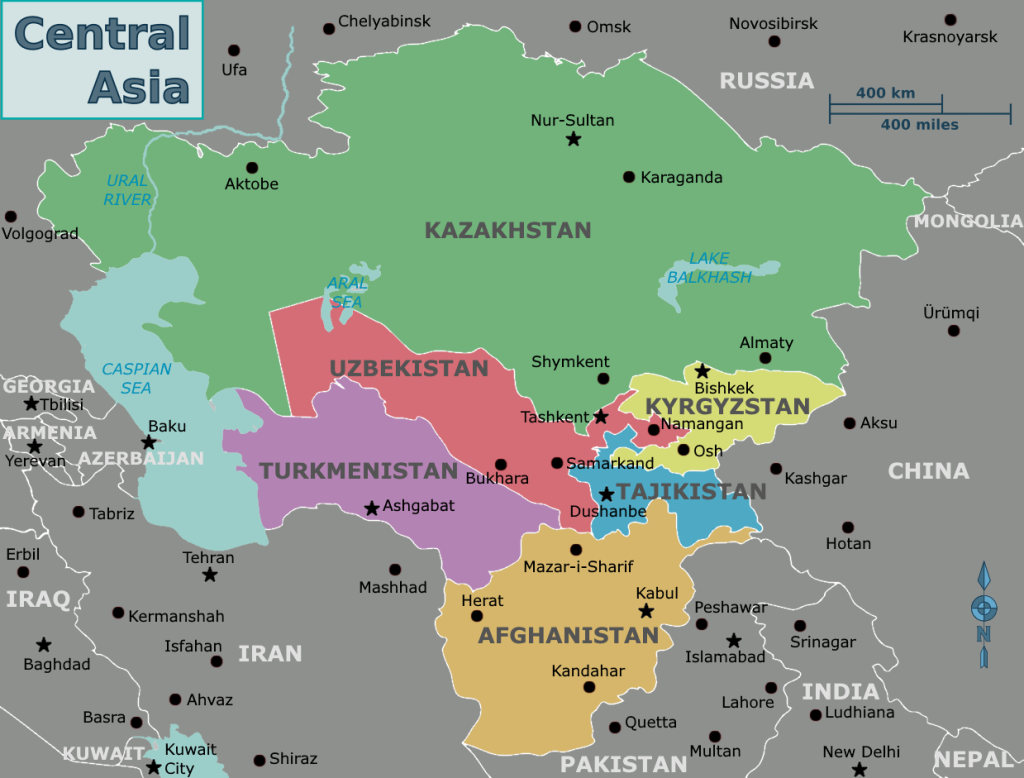
Below you can find some updates from the Kyrgyz, Tajik, and Uzbek communities (placed alphabetically). Thanks to Элдин беги, Artemev Nikolay, Zolfeqar Fatihzadeh and Darafsh for their contributions to this update.
Kyrgyz language community
From November 17 to 19, 2023, the Kyrgyz language community members Bosogo, Элдин беги, and other volunteers organized a three-day training for newbies in Bishkek, supported by the Movement Strategy Implementation grants.
Despite being one of the smallest and least developed Wikipedias in the region, with one admin and approximately 104 active users, there is a strong interest in its improvement.
However, the organizers share that interest alone is not always enough. There are practical things that should be done to attract Kyrgyz-speaking folks to edit and contribute to free knowledge dissemination. Recognizing the need to bridge the knowledge gap in the Kyrgyz language, efforts are focused on educating people on the basics of Wikipedia editing and fostering collaborations with local universities.
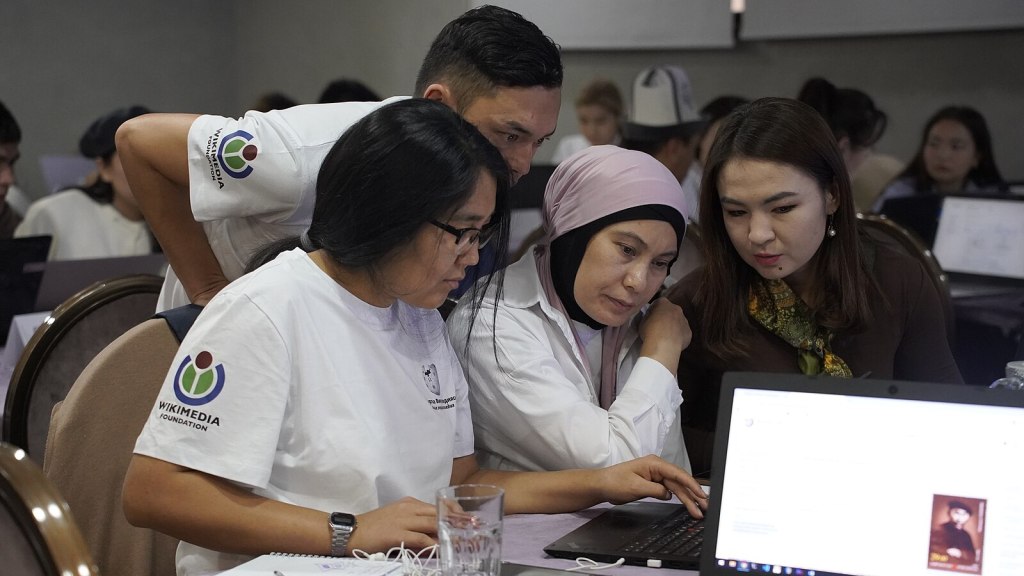
Nearly 30 people attended the training, including pupils, students, women and girls. Experienced Wikimedians from other Central Asian countries participated as trainers and speakers, enriching the experience for all attendees. The organizers successfully fostered connections both regionally (in-person) and by inviting speakers (online) from the Turkic language community, and the CEE Hub, among others. The event has been covered well by media: BBC News Кыргыз, local radio station, RFE/RL’s Kyrgyz Service.
Recently, the organizing team also traveled to Osh, the second largest city in Kyrgyzstan, to conduct similar training sessions for students at Osh State University.
Tajik language community
With the establishment of the Tajik Wikimedians User Group on February 19, 2023, Tajikistani community members and Wikimedians from various language communities were able to come together and engage in conversations about challenges and opportunities. They discussed how Wikipedia in Tajik could be a valuable resource for students and pupils. The organizers also agreed with the Tajik National Encyclopedia to share information with Wikipedia and organize workshops. This conference took place at the Tajik National University. Darafsh and Mardetanha made an appearance at the National Radio of Tajikistan.
“Mohammad and Mohsen going on Tajikistan’s National Radio was a big deal. They talked about Wikimedia projects and their importance to Tajikistan’s history. They also chatted about Yalda night, a special celebration. Their goal was to help more people know about Tajikistan’s culture and history using Wikimedia,” as shared on the User Groups page.
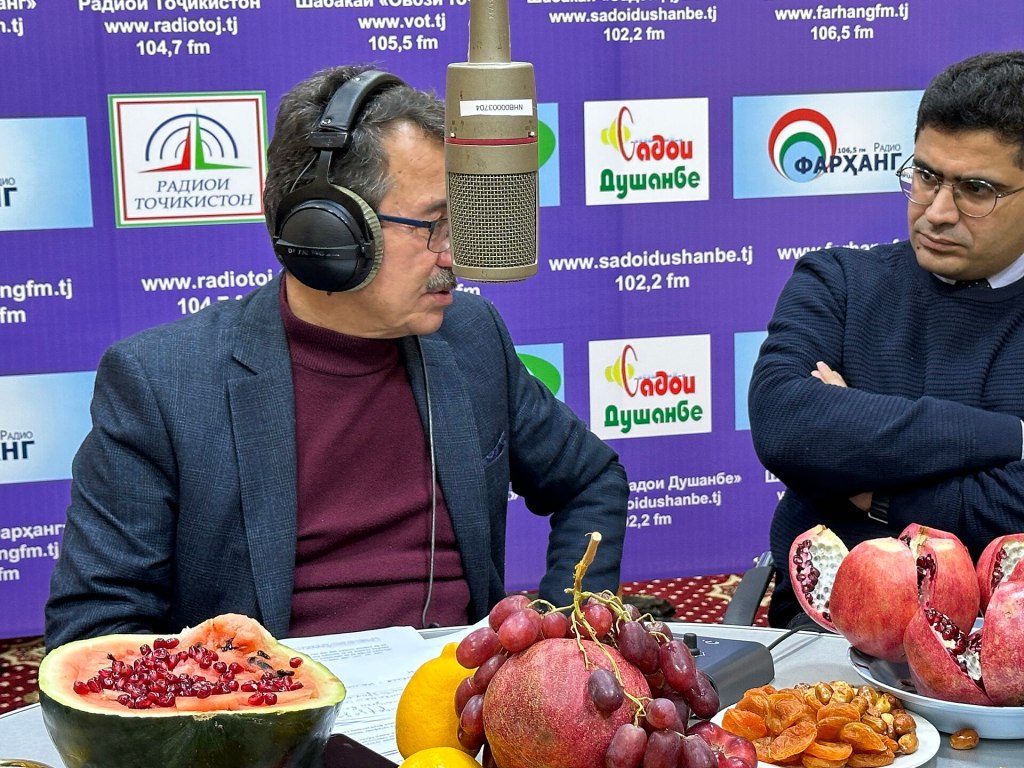
In celebration of the Tajik Language Wikipedia’s 20th anniversary, administrators and users gathered at the “Atlas” hotel to address community issues. One of the issues is how to attract new users.
“Participants concluded that promotional efforts, particularly through social media, should be intensified, with volunteers, including bloggers and Instagram influencers. Also, there was a delegation from the Bloggers Association of Tajikistan who promised to create more awareness of the community from Wikimedia and attract new users for editing and contribution. Additionally, the O mobile company, a provider of Internet and communication services, was requested to provide free access (without having data) to Wikipedia materials and assist editors and users in this part.” – shared Zolfeqar Fatihzadeh, a passionate contributor and advocate for editing Wikipedia in the Tajik language.
Uzbek language community
In December 2023, Uzbek Wikipedia was visited 18.7 million times! We congratulate the Uzbek language community on this impressive achievement!
More than 8,000 articles were written in the Uzbek language Wikipedia under the motto “Tilimiz uchun” (For our language) within the frame of the second phase of the WikiStipendiya project. You can learn more about how the Uzbek Language User Group came to collaborate with the Uzbek Youth Affairs Agency in 2022 in this interview. WikiStipendiya II focused on writing or improving articles about specific regions of Uzbekistan, resulting in 23 articles being considered for special status.
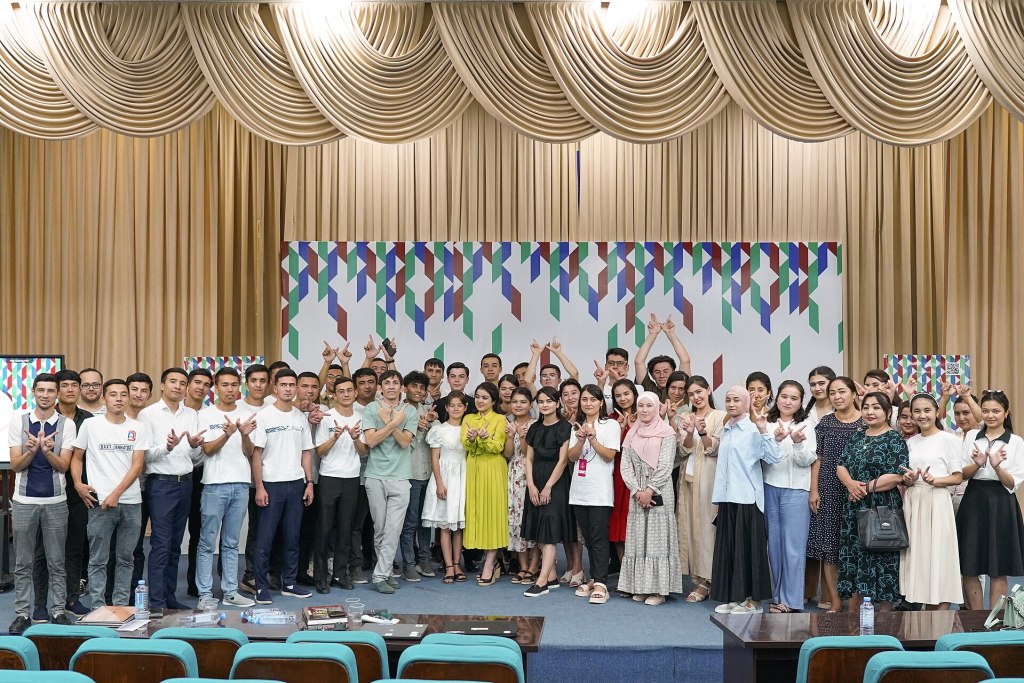
A translation marathon was also organized to translate articles from Uzbek into other languages, resulting in 927 articles on the historical monuments and culture of Uzbekistan, as well as biographical articles. In this marathon, participants translated into English the most, eventually writing 392 articles.
“One of the biggest challenges we have faced with WikiScholarship II is that new users often rely on machine translation. We all know that translation programs do not always accurately convey the meaning of words in Uzbek. Therefore, we encourage language lovers not to use machine translation and help correct articles with errors,” – the organizers shared in their Telegram channel.
As part of the WikiStipendiya II, a “Wiki Tour” project was conducted, resulting in the upload of a large number of photos of settlements and cultural heritage sites to Wikimedia Commons. In addition, the “Wiki Loves Earth” and “Wiki Loves Monuments” photo contests were held for the first time in 2023, with more than 7, 200 images of Uzbekistan uploaded, enriching the articles with photos.
“In 2024, the third round of the WikiScholarship project will take place, but we will try to organize it in a new format and reduce the amount of machine translation, and improve the quality of articles in Uzbek. Both “Wiki Loves Earth” and “Wiki Loves Monuments” photo contests will be organized.” – shared by Nikolay Artemev, one of the organizers of the contest.
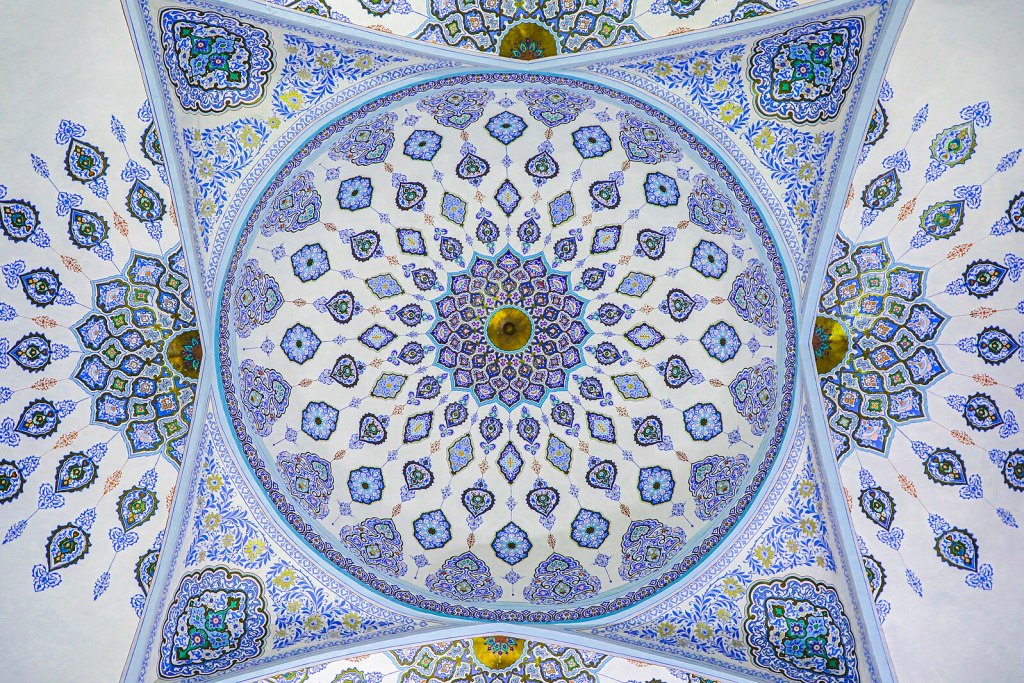
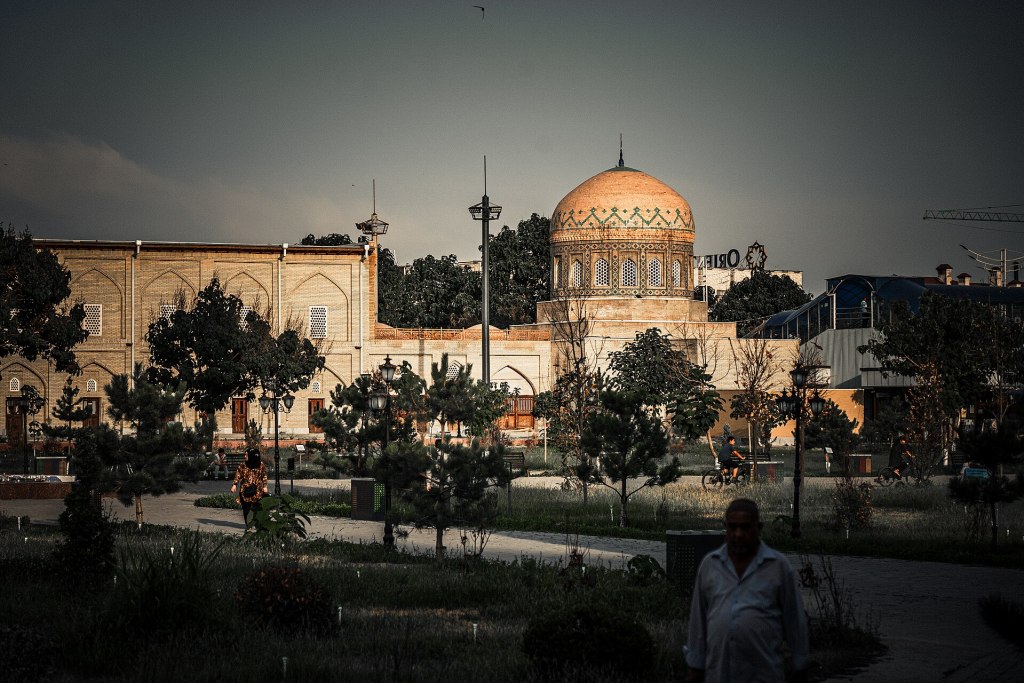
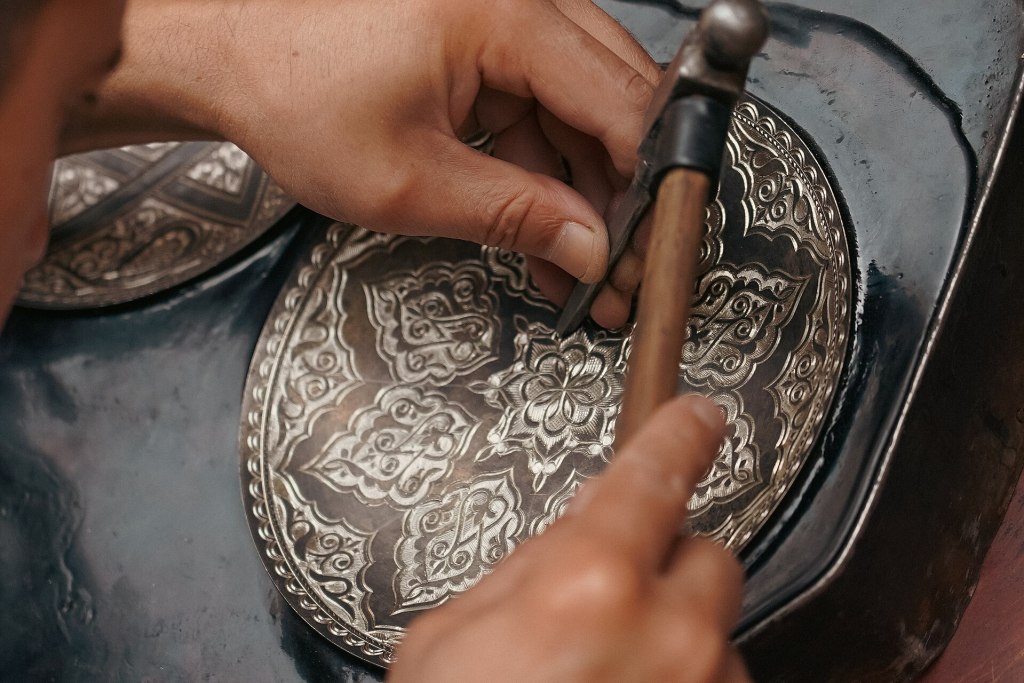
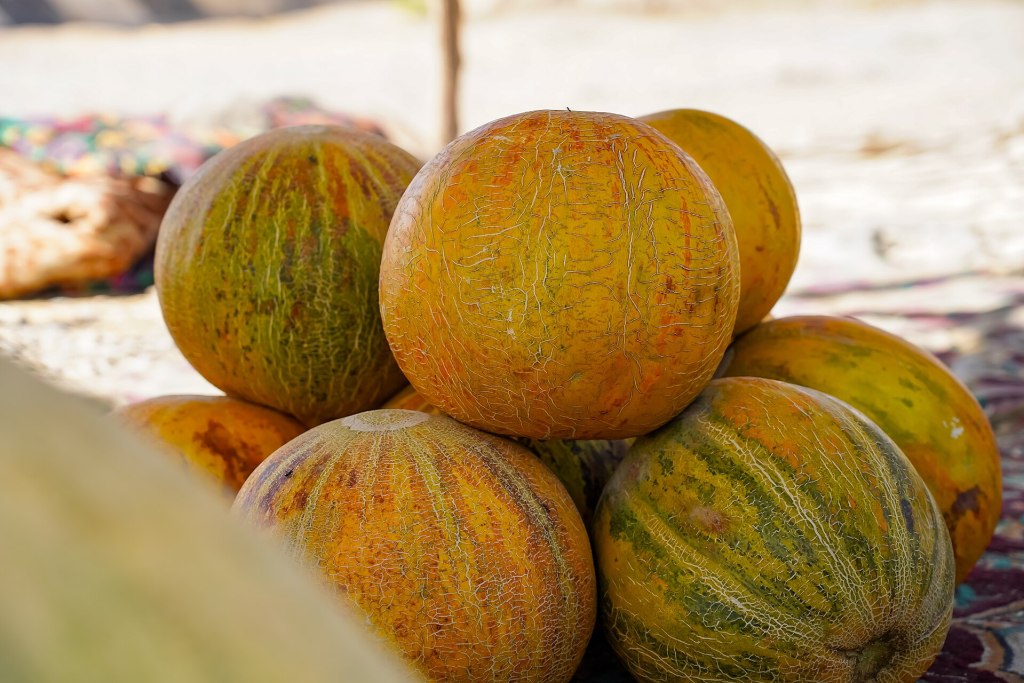
CC BY-SA 4.0
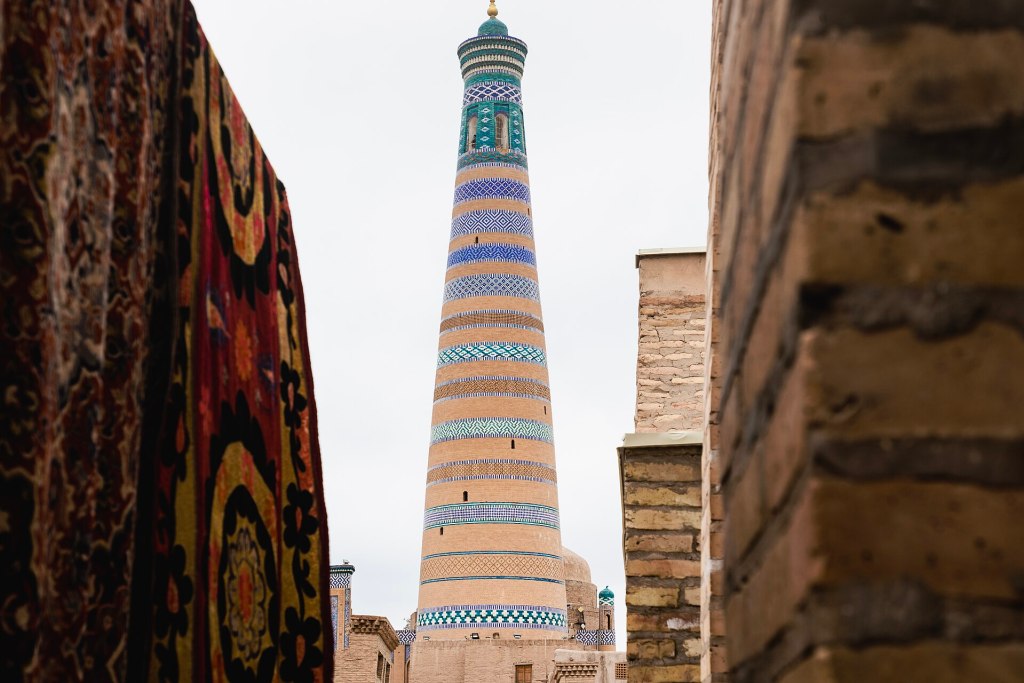
CC BY-SA 4.0

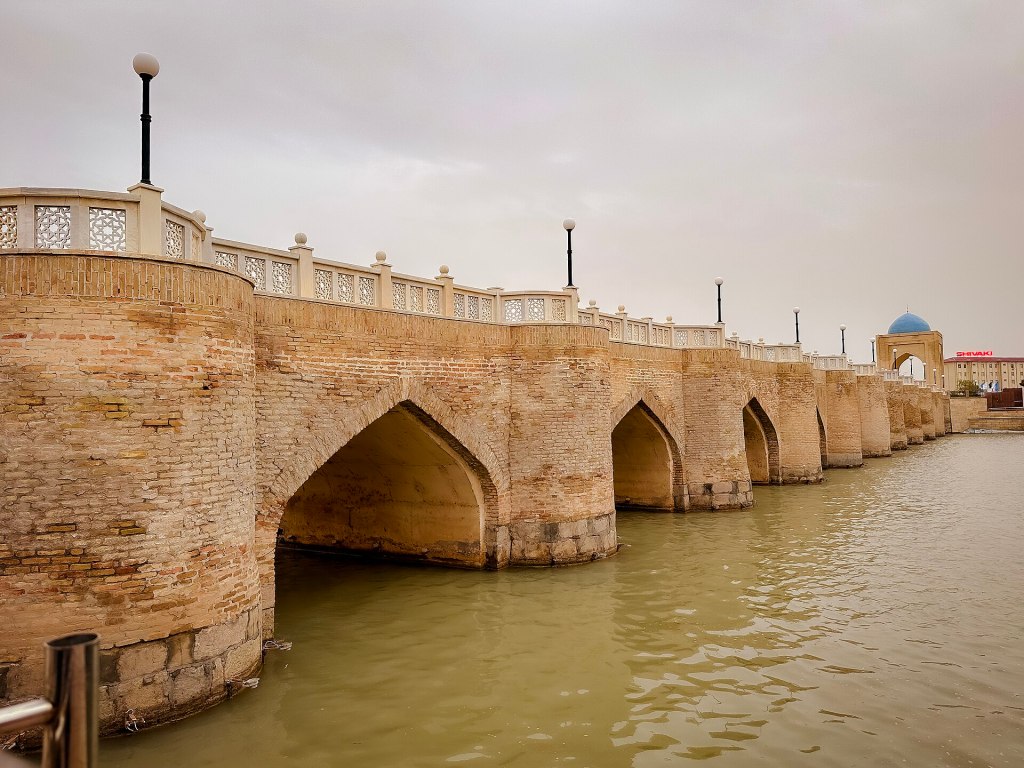
If you are interested in collaborating with or supporting the communities in Central Asia, you can reach out through the Wikimedians of Central Asia Telegram group.

Can you help us translate this article?
In order for this article to reach as many people as possible we would like your help. Can you translate this article to get the message out?
Start translation